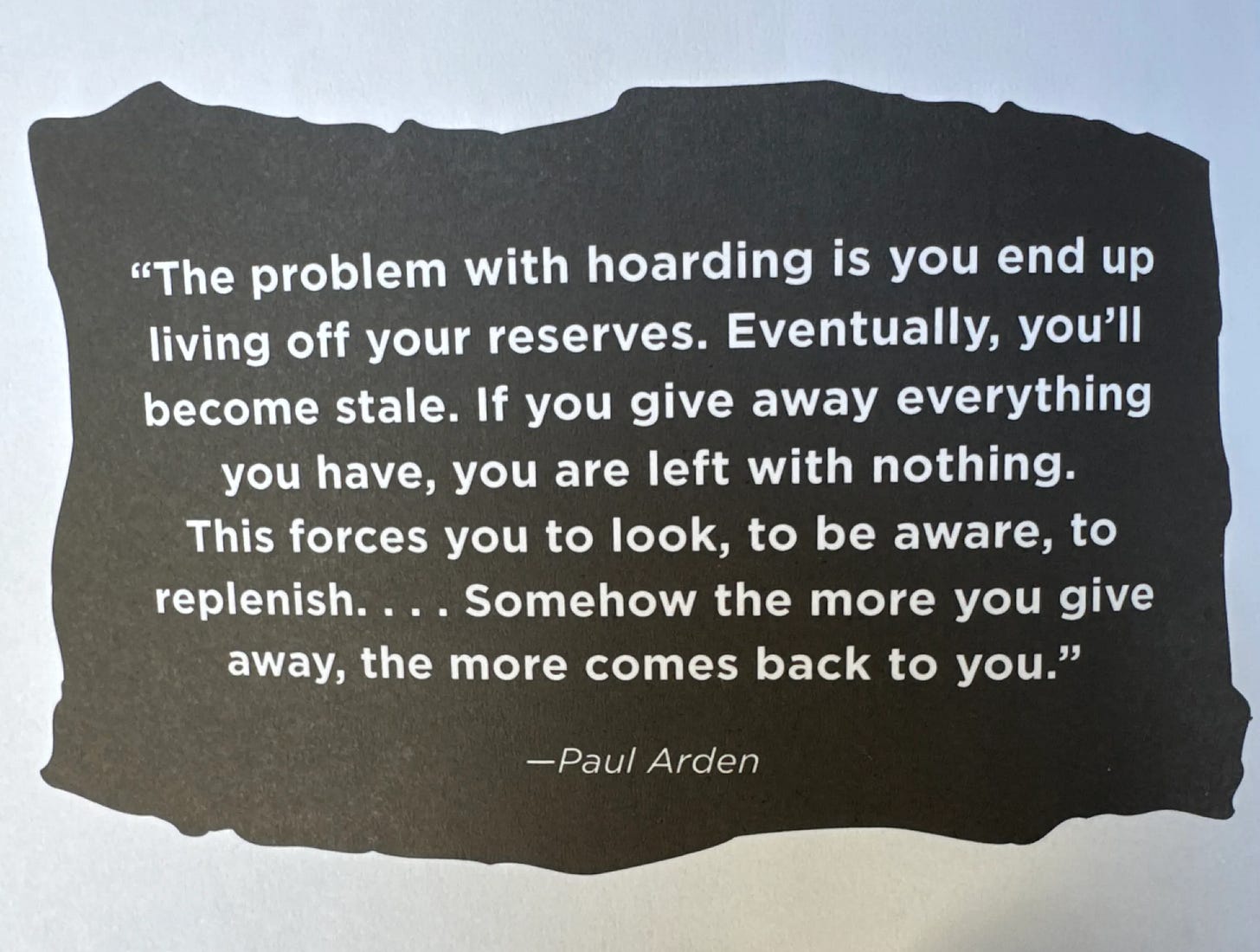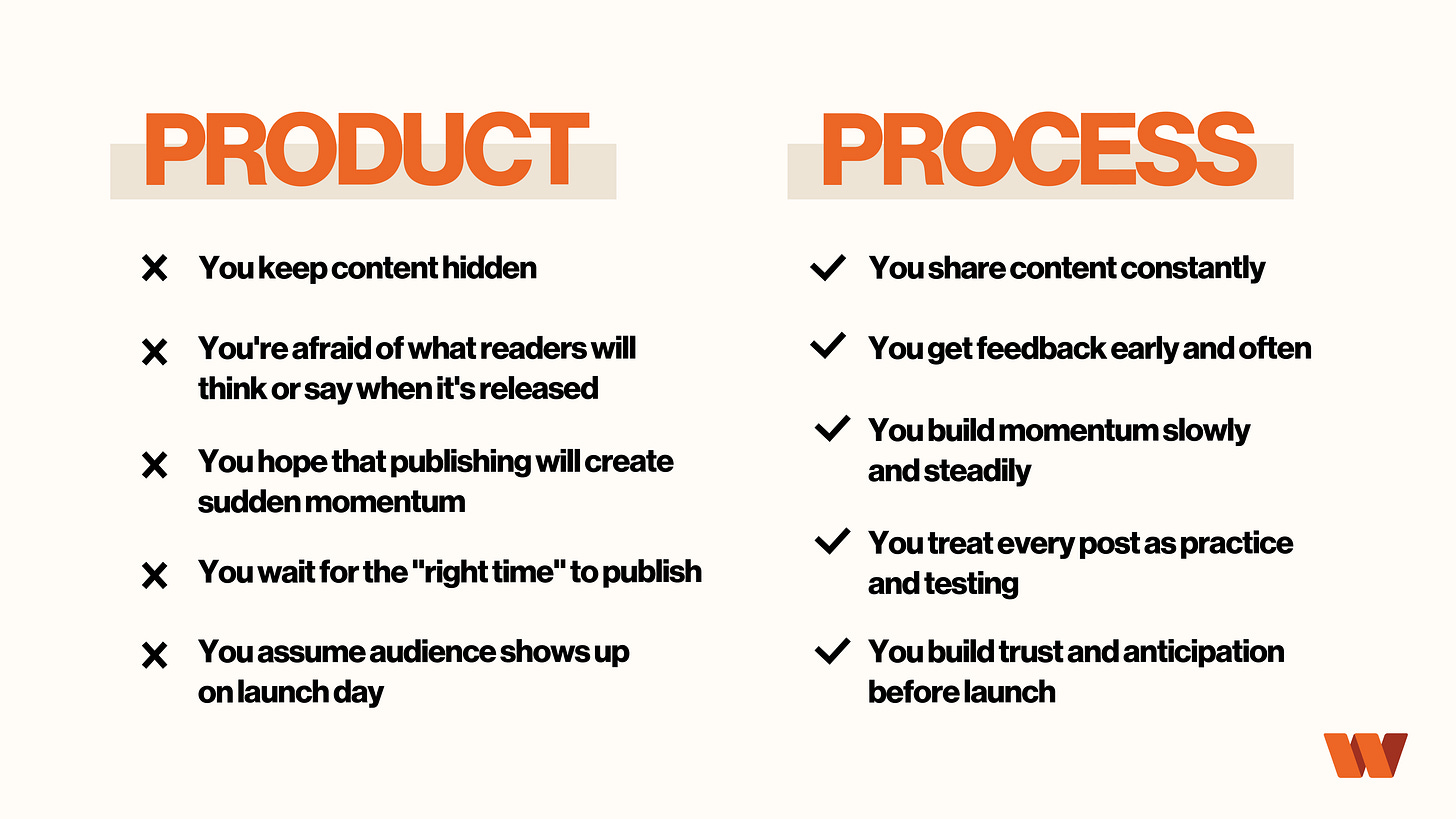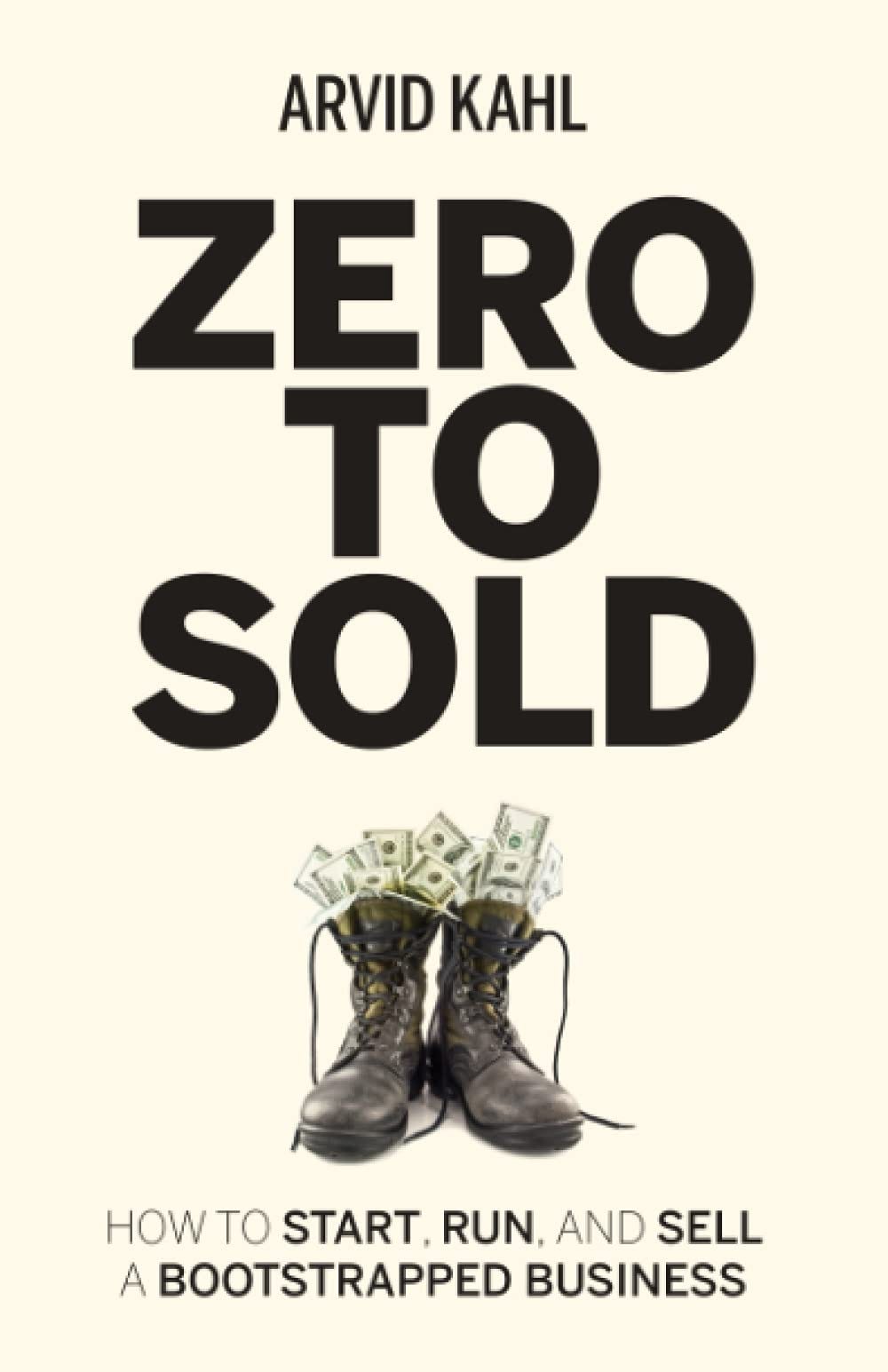Welcome to today’s issue of Writers Circle. Every Saturday, I send out a writing or publishing tip you can read in 5 minutes or less. If you need support on your publishing journey, join our growing network of Christian nonfiction writers. You’ll instantly join our group chat, monthly workshops, and private in-person events.
How much content should you give away?
"You can attract luck simply by telling people what you are working on.”—James Clear
A few weeks ago, I was invited to speak to a group of writers at an event called “Book Publishing Summer School.” During the Q&A portion, a writer asked,
“If I share too much of my book before it’s published, will readers still want to read it? Where’s the line?”
It’s a classic author’s dilemma: give away too much and readers who buy the book won’t get anything new. Give away too little and you miss an opportunity to create buzz and whet readers’ appetites.
Whether you’ve signed a contract with a publisher, hope to land a book deal, or self-publish, the fear of “giving too much away” is widespread.
Unfortunately, writers cave to this fear and hoard their content, keeping it tucked away where no one will ever read it. They think they’re saving the punch line or protecting themselves from plagiarism, but in reality, they’re sabotaging their own work.
A reality check
Your greatest obstacle is not being copied; it’s being ignored. I don’t know any writers whose ideas were stolen before they could publish them (though I know this happens on rare occasions), but I know thousands who keep their ideas to themselves, thinking one day their moment will come.
Meanwhile, their ideas collect digital dust … unseen, unread, unknown.
Big Idea: Impact comes from sharing content, not hoarding it.
Creative generosity
Every time you share a piece of content (a note or post on Substack, an email newsletter, a chapter excerpt), think of it as a piece of kindling. The more fuel you provide, the higher the chance it will spark a reaction in your readers.
To start a fire, you need sparks. So provide tons of fuel by offering free, generous snippets of your content. Not only will this attract interested readers, but contrary to popular belief, the more you give away, the more you’ll end up creating.
Don’t hoard your best stuff, share it. Generosity begets creativity:
If you shift from a scarcity mindset (the more I give away, the less I’ll have) to an abundance mindset (the more I share, the greater my impact will be), you’ll enjoy your work more. Other people will enjoy it more too.
To get there, though, you’ll need to stop thinking of your writing as a product and start viewing it as a process…
From product to process
Here’s the difference between viewing your work as a product vs. a process:
Even if you give away 70% of your book content—not all at once, but progressively in little chunks—you’ll start to attract people who will buy your book. The worry that folks will somehow compile all your material and sell it behind your back is unfounded, as author Arvid Kahl says,
Write your book in public, chapter by chapter or section by section, and just continually release these things to an ever-growing audience of people. Nobody will compile it into a book and release it without you.
This isn’t killing momentum; it’s creating it, as Rob Fitzpatrick reminds us,
Stop trying to figure out how to “market your manuscript” and start realizing that your manuscript is the marketing.”
Quite provocatively, bestselling author Ryan Holiday actually leaked some of his own books to pirated sites. As a result, word of mouth spread and his sales skyrocketed.
It’s why even traditional publishers sometimes pre-release several chapters of a book to incentivize readers to buy the whole thing. Give your stuff away, a lot. Generosity is uncomfortable, but the ROI is well worth it.
Share one thing every day
Austin Kleon, author of Show Your Work: 10 Ways to Share Your Creativity and Get Discovered, has sold over a million books. Here’s his advice about how to consistently share your content:
Once a day, after you’ve done your day’s work, find one little piece of your process you can share.
If you’re in the very early stages, share your influences and what’s inspiring you. If you’re in the middle of executing a project, write about your methods or share work-in-progress. If you’ve just completed a project, show the final product, share scraps from the cutting-room floor, or write about what you learned.
This is good advice. Challenge yourself to share one thing every day: something you’ve learned, something you’re making, something that inspired you, anything.
When you drip feed ideas, you’ll learn what resonates with your audience (the answer will often surprise you). The more you give away, the more you’ll have to give—and the more folks will want what you’re offering.
I’m rooting for you,
Will
What’s your take on today’s topic? Do you agree, disagree, or is there something I missed?
If you enjoyed this read, the best compliment I could receive would be if you shared it.
PS - Not sure how to pitch your book idea to publishers? I’ll get you ready in my course, Proposals Made Simple. Start watching here.
Will Parker Anderson is the founder of Writers Circle, a community to help writers sharpen their skills and publish their work for the glory of Jesus. He is a senior editor at Waterbrook and Multnomah—an imprint of Penguin Random House.











SO incredibly encouraging. It’s why I started a Substack, to share and test content and pull other likeminded people into my processing and prose. But I still see the scarcity mindset and imposter syndrome peeking out of their holes at me, trying to grab an ankle.
This is quite interesting and encouraging. I actually have that fear of pirating. That someone would compile my novel (which I have released in chapters) and sell it off.
I'm glad to hear it is unfounded. Thanks a lot.